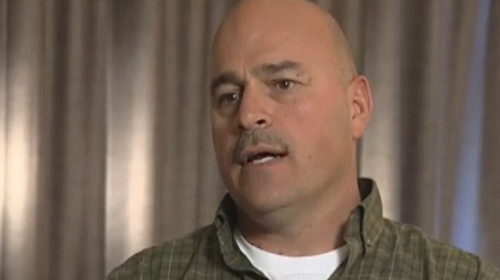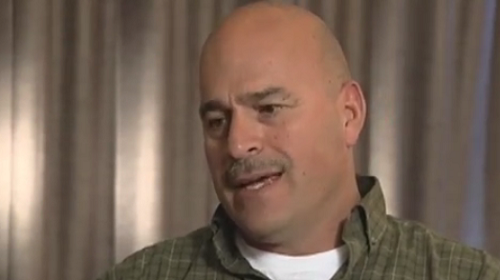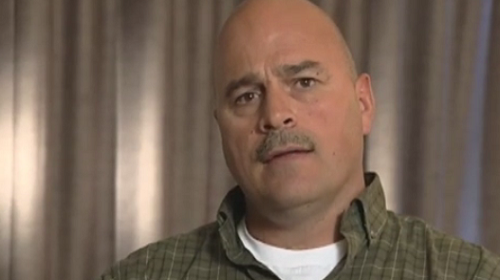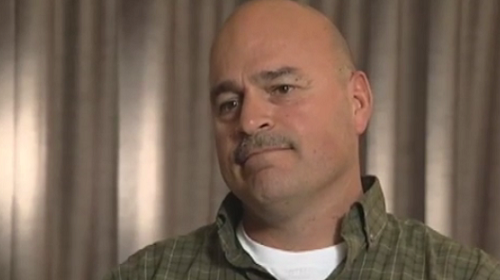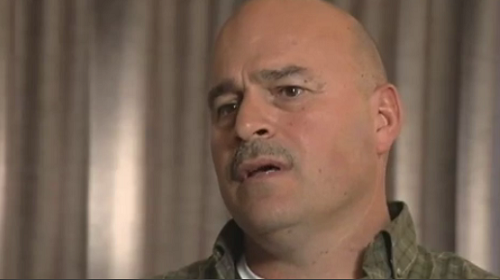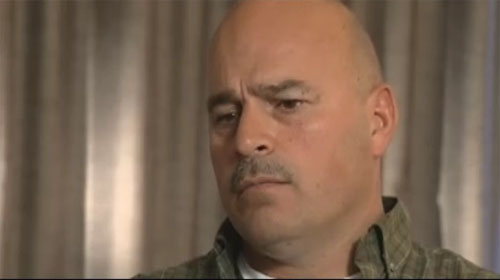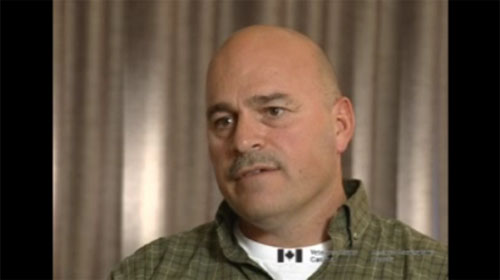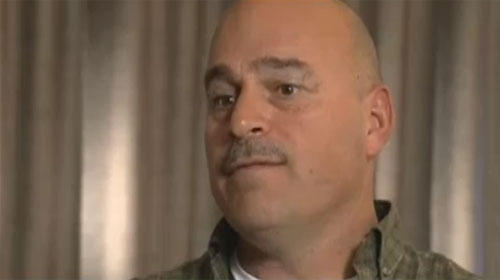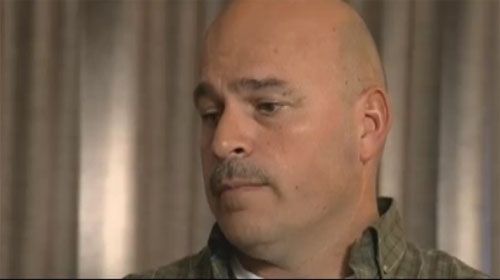The Haitians Way of Life
Heroes Remember
The Haitians Way of Life
Transcript
Description
Mr. Vaillancourt describes the backwards way of living of the Haitian people.
Marc Vaillancourt
Mr. Vaillancourt was born April 22, 1957 in Sturgeon Falls, Ontario. After high school, Mr. Vaillancourt was interested in receiving a trade and with the desire to live the adventure of the military, age 19, he decided to join. At this time, Mr. Vaillancourt trained as a vehicle technician and joined with the Elelctricial Mechanical Engineer branch. Mr. Vaillacourt held rank as Master Warrant Officer. In 1990 Mr. Vaillacourt’s postings began as part of the 12th Armoured Regiment with a tour to Cyprus and in 1997 was part of a unit that travelled to Haiti; a specialized tour organized in Ottawa with only 5 soldiers in command. Mr. Vaillancourt was discharged from the military and now resides in Barrie, Ontario with his family.
Meta Data
- Medium:
- Video
- Owner:
- Veterans Affairs Canada
- Duration:
- 2:44
- Person Interviewed:
- Marc Vaillancourt
- War, Conflict or Mission:
- Canadian Armed Forces
- Branch:
- Army
- Rank:
- Warrant Officer
Related Videos
- Date modified:




